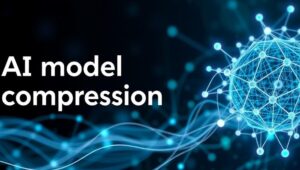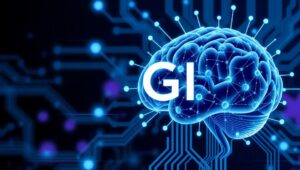May 28, 2025
The Limits of Current AI Paradigms: What’s Next? (2026)
The Limits of Current AI Paradigms: What’s Next? (2026) Artificial Intelligence (AI) has rapidly evolved, transforming industries and daily life. However, the current AI paradigms, primarily deep learning and statistical models, face inherent limitations as we approach 2026. This article explores these constraints and discusses potential future directions for AI research and development. Current AI Paradigms: A Brief Overview Deep learning, characterized by neural networks with multiple layers, has achieved remarkable success in image recognition, natural language processing, and game playing. Statistical models, including Bayesian networks and Markov models, provide a framework for probabilistic reasoning and prediction. These approaches have







